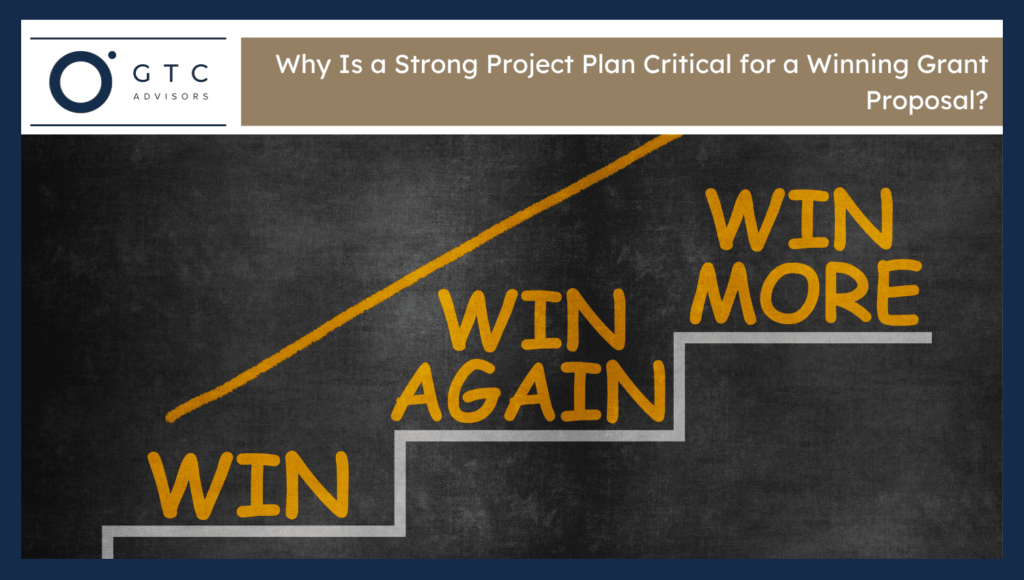A strong project plan demonstrates clarity, credibility, and feasibility to funders. Project planning includes clearly listing all the objectives, goals, and outcomes to the funder. Project timeline, budgeting plan, and sustainability play an important role in a winning proposal. Use statistics, case studies, and proven methods to show the long-term impact of the project. The funder wants to know about how the project is going to make a difference. Discuss the problem, statements of need, and share evidence from previous projects. Understand the funder’s priorities, guidelines, and rejection criteria to create a strong project plan.
Which Key Elements Should Your Project Plan Include?
Here are the six key elements in a strong project plan:
- Problem Statement and Need: The problem statement tells how big the problem is and whether it needs to be addressed. The bigger the problem, the stronger the project. Founders often fund the projects that make a difference in society. Describe which community is going to benefit from the projects to strengthen the statement. Discuss any previous successful project and tell how it aligns with that for credibility..
- SMART Goals and Objectives: A project without any clear goals and budgeting plans is a failure. Set SMART goals and clear objectives with milestones to create a stronger impact. It shows the organization’s discipline, strategy, and dedication to achieving those goals.
- Work Plan and Activities: Share a detailed work plan of how the project is going to proceed. A timeline of milestones and activities keeps the momentum going. It tells the funder about the completion of the project and the hard work of the team.
- Budget Outline: A budget and statement of needs are the two important factors in a project. Make sure to write the project narrative carefully. Write an estimated salary of the employee if you have mentioned hiring a coordinator in the narrative. It shows how strategic the organization is. Don’t under- or over-estimate the budget.
- Monitoring & Evaluation Plan: Create a strong project planning, implementation, and evaluation strategy. Set specific KPIs to track the performance of the project. Update about the milestone achievements, delays, and awards to the funder.
- Sustainability Plan: Sustainability is one of the main concerns of funders. They want to know about the applicant’s future plans when the fund ends. How is the project going to work, and how much funding does it need? Funders avoid funding the organization with no future funding options or collaboration due to its high chances of collapsing. Share collaboration plans and growth factors for a winning proposal.
How Does a Strong Plan Build Funder Confidence?
A strong plan tells the readiness of the organization to achieve measurable results. Funders prefer the low-risk and meaningful projects. A strong plan assures the funder that the funds are going to be used in the right place. It also includes a clear method for monitoring and evaluating outcomes. The sustainability plan tells about the long-term impact of the project even when fund ends. SMART goals are a sign to funders that the project is a success.
How Can a Strong Plan Improve Your Grant Scoring and Review Outcome?
A well-written proposal with a strong project plan increases the chances of securing funds. Stick to the funder’s guidelines and make sure to create a checklist. Funder scores the grants on the basis of a valid problem, project plan, budgeting, and sustainability. Format, writing style, and tone of the LOI (proposal) also affect review outcomes. Budgeting plans with clear justifications and convincing narratives are likely to win the funds. Make sure to personalize the template instead of copying and pasting. Use simple language and break down the project with supported statistics. Follow up on the grant after a successful project for renewal opportunities.
What Common Weaknesses Can Ruin a Project Plan (and How to Avoid Them)?
Here are the four common weaknesses that ruin a project plan and ways to avoid them:
- Vague Objectives or Activities: Clarify the short and long-term goals in the proposal to the funder. Avoid setting vague objectives that sound impossible at once. Set SMART goals with measurable milestones to track the performance of the project.
- Overambitious Scope: Making big promises without any supportive statistics signals poor planning and a lack of understanding. Create a checklist and be practical about every milestone. Set a timeline and prioritize the core activities.
- No Risk Management Strategy: DOn’t hide the risks and challenges in the project. Describe the staff turnover, supply chain issues, and changes in policy to be real. Develop mitigation strategies to eliminate or manage the problem. This strategy works best and builds trust.
- Missing Evidence or Data: Applicants often miss the important evidence and data sections. Make sure to read the guidelines and avoid skipping and jumping. Create a checklist and cross-check if everything is in the proposal before submission.
What are the Practical Tips to Strengthen Your Project Plan Before Submitting
Here are the four practical tips to strengthen the project plan before submission:
- Use a Standard Project Planning Template: Look for a standard project planning template and make changes in that to avoid skipping sections.
- Get Stakeholder Input: Host a review meeting with key team members to discuss the project plan. Make sure to note down the problems and make changes accordingly. It helps to find weaknesses and write the best proposal version.
- Test Your Timeline for Realism: Avoid setting vague timelines with impossible goals to achieve. It leaves a negative impression about the organization, and the funder often rejects such applications. Run a test to check if those goals are measurable within the timeline.
- Do a Pre-Submission Review: Look at the format, writing style, errors, and evidence before submitting the proposal.

George C. Tagg, Jr.
George serves as a trusted counsel to business leaders, non-profit executives, and management teams. George is a licensed attorney with a master’s in international affairs and over 20 years’ experience in the U.S. Congress, Department of State, Department of Defense, global public policy, and political campaigns.


